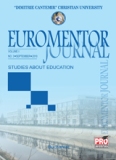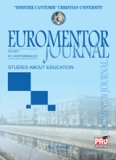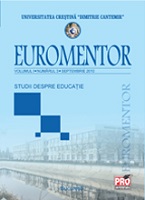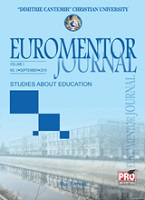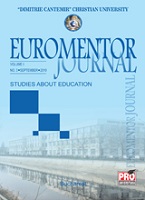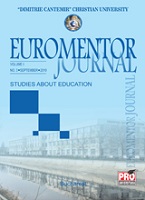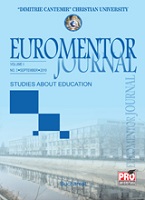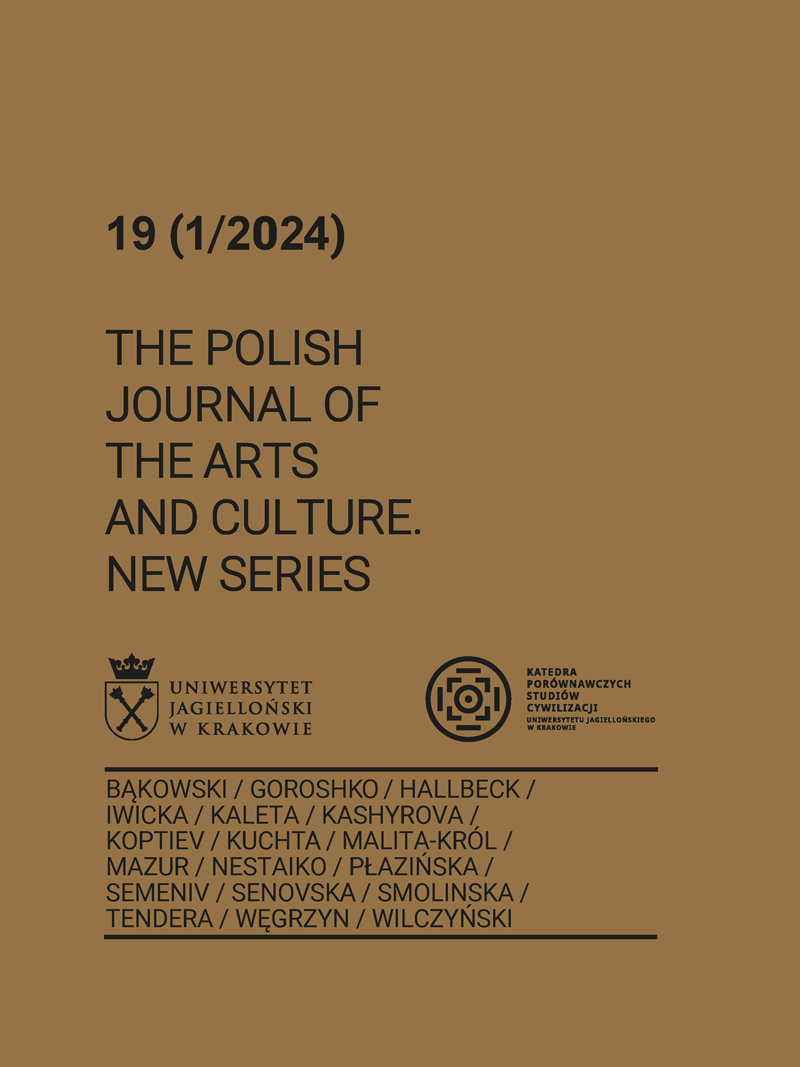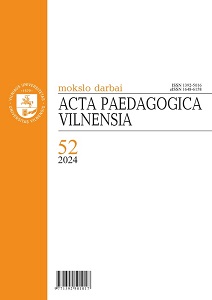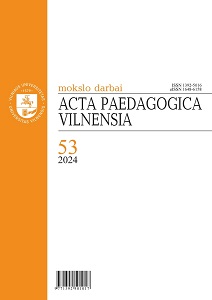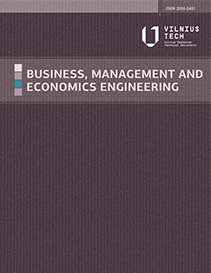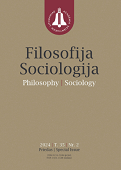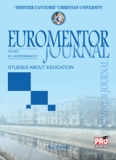
DESIGN BETWEEN PHILOSOPHY, ENGINEERING AND PEDAGOGY: A SYSTEMIC APPROACH
The article deals with a topical issue of designing electronic educational resources (EER) as an interdisciplinary study in paradigms of Philosophy, Systems Engineering, and Pedagogy at the intersection of humanitarian and technical knowledge. The need for quality EERs has increased tremendously in circumstances of the pandemic. The aim of the research is to determine the general structural and procedural characteristics of EER design based on a systemic approach. Most systems design research is based on a strong Western scientific tradition. Recognizing this contribution, nevertheless, we want to present a new perspective on the problem, generalize and systematize the local experience of modern Slavic scholars on EER design. The objectives and general focus of the paper led to the choice a complex of research methods: analysis of scientific literature to study the state of the problem and clarify the conceptual apparatus of the study, system analysis to determine the characteristics of design, generalizing and systematizing scientific experience. This makes it possible to consider EER as a complex system that is separated from the environment but interacts with it, has an integral structure, which is a set of relations between the elements in their interaction and the composition of these elements with their specific functions.
More...
